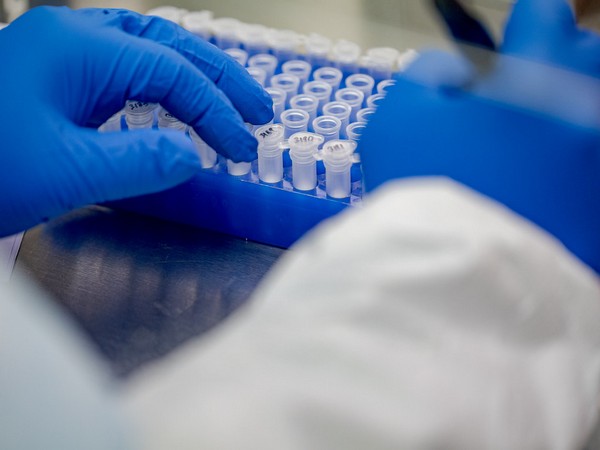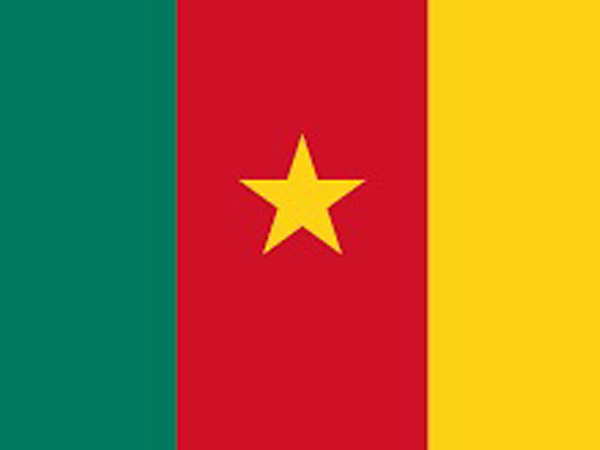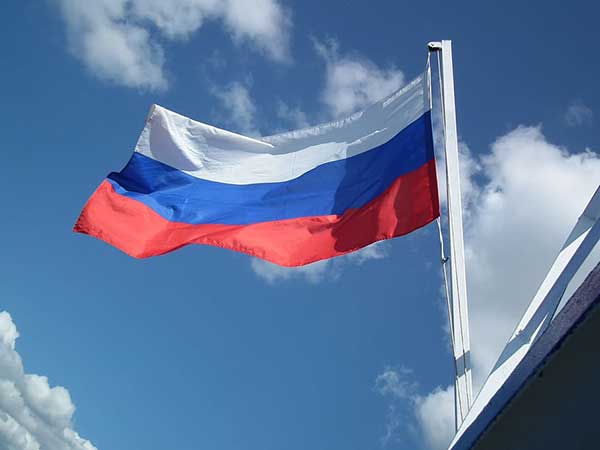
Daily virus cases below 4,000 for 2nd day amid omicron woes
Jan 08, 2022
Seoul (South Korea), January 8: South Korea's daily coronavirus cases stayed below 4,000 for the second day Saturday as the country maintained tightened distancing curbs amid persistent worries over a resurgence in infections and the spread of the omicron variant.
The country added 3,510 new COVID-19 infections, including 3,300 local infections, raising the total caseload to 661,015, according to the Korea Disease Control and Prevention Agency (KDCA).
It marked a slight drop from 3,717 posted on the previous day and 4,443 tallied on Wednesday.
South Korea reported 54 more COVID-19 deaths, raising the death toll to 5,986, the KDCA added. It was higher than the previous day's 45 deaths. The fatality rate came to 0.91 percent.
The number of critically ill COVID-19 patients stood at 838, staying below 1,000 for five consecutive days.
In early November, the government eased antivirus restrictions as part of efforts to return to normalcy in phases under the "living with COVID-19" scheme.
Daily cases, however, soared to a record high of 7,848 on Dec. 15, prompting the government to reimpose a set of revised virus restrictions until Jan. 2 and later extend them until Jan. 16.
The restrictions include a four-person cap on private gatherings across the nation and a 9 p.m. business hour curfew on cafes and restaurants.
South Korea plans to bring in antiviral COVID-19 treatment pills next week, vowing to make sure they are used as swiftly as possible.
According to the KDCA, 42.9 million people, or 83.7 percent of the country's 52 million population, have been fully vaccinated, and 20 million, or 40.2 percent, have received booster shots.
The number of cases from overseas, including South Korean nationals, came to 210, raising the total to 18,666.
Among the imported cases, the United States accounted for 100, and the Philippines took up 16.
Among the locally transmitted cases, Seoul reported 933, while 1,168 came from the surrounding Gyeonggi Province and 193 from Incheon, a port city west of the capital city.
Source: Yonhap









